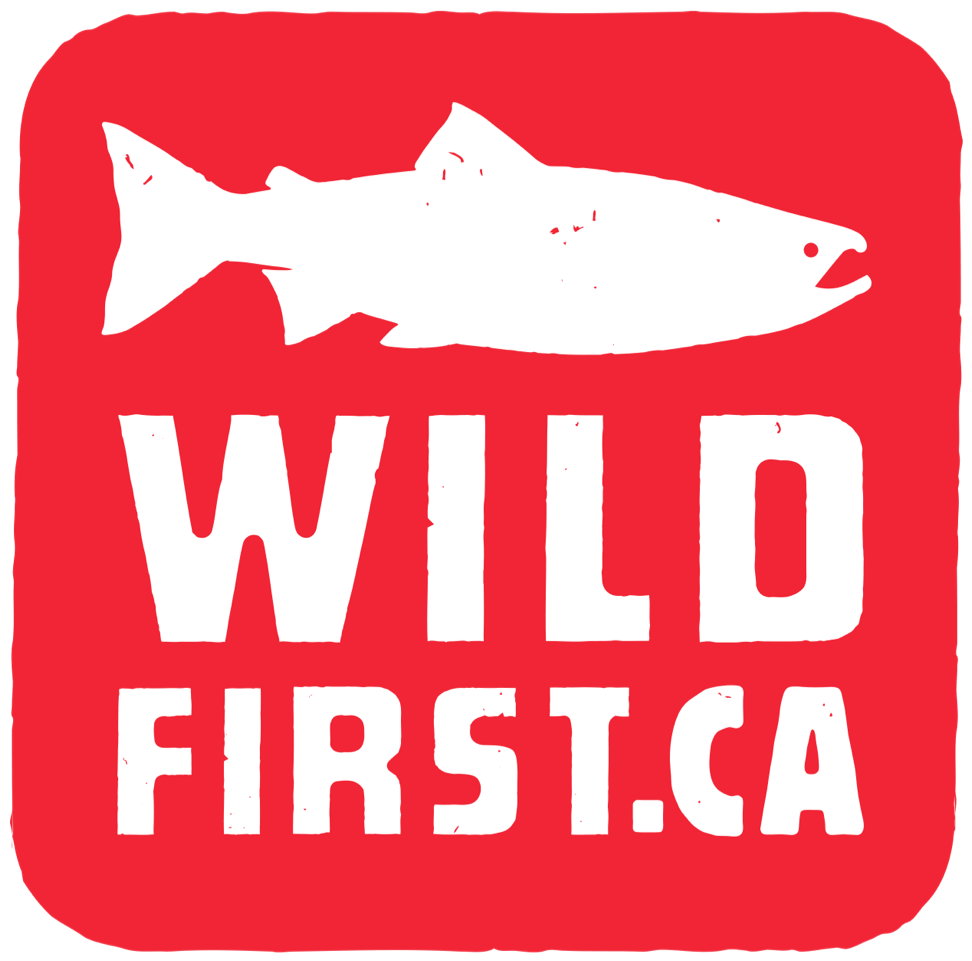MP Goldsmith-Jones, The time has come to transition to closed containment salmon aquaculture in British Columbia
June 13, 2018
Dear Editor,
The time has come to transition to closed containment salmon aquaculture in British Columbia
It is time to transition British Columbia’s open-net salmon aquaculture industry to closed containment. Momentum is gathering globally – and close to home – for very good reasons. Today, industry and communities face significant challenges which are serious cause for concern.
From a business perspective, the global industry is operating in an increasingly unpredictable environment. The biological costs to control sea lice and viruses are rising. The industry is not able to control stock losses or escapes. Licenses are very difficult if not impossible to secure. Public support for the status quo is attenuating. Globally, capital is being invested in closed containment facilities, and British Columbia and Canada should not miss this important shift.
From an environmental perspective, there is mounting evidence that sea lice and virus transfer threaten wild salmon stocks. Norway has put a moratorium on open net farms due to the sea lice problem. Last summer’s complete net pen collapse in Washington State resulted in an outright ban within two months of the disaster. All Washington State licenses will have expired by 2025.
From a science perspective, in May the results of the multi-year Strategic Salmon Health Initiative study led by Dr. Kristi Miller in partnership with Fisheries and Oceans Canada, Genome BC and the Pacific Salmon Foundation, found that the PRV virus known to cause disease in farmed Atlantic salmon causes disease in Chinook salmon in British Columbia. As a result the non-partisan Pacific Salmon Foundation has stated that open net salmon farming poses biological risks to the abundance and diversity of already depleted wild Pacific salmon. It is calling for a transition to closed containment and that governments take immediate action to remove open net farms from migratory routes.
From an Indigenous perspective, most – not all – Indigenous communities are opposed to open net farms in their territories. Innovation presents the potential for industry and First Nations to be enterprise partners. Transitioning to closed containment is a way for nation to nation collaboration in pursuit of business opportunity, trade and a healthy natural environment.
From a trade perspective, Canada is a trusted global leader in high-value, safe, secure, sustainable food. The potential to develop our agri-food sector, particularly in light of recent trade agreements, is exceptional. Farmed salmon produced in Canada is a first class consumer product. Through technology and innovation in the sector, Canada can bring farmed salmon to global markets, create jobs and strengthen the economy.
For those familiar with the recommendations of the Cohen Commission, the promotion of the farmed fish industry should be the responsibility of the Minister of Agriculture.
As British Columbians, there is nothing more perfect or more respected than wild salmon. The province of British Columbia and the federal government are poised to work together to protect wild salmon, to grow Canada’s agrifood exports and to foster positive Indigenous relations. Other countries are moving faster.
The Minister of Fisheries, Oceans and Canadian Coast Guard, The Honourable Dominic LeBlanc, has introduced a new Fisheries Act, resorting essential protections lost under the previous government. The forward looking legislation honours sustainability, the precautionary principle and ecosystem management.
Now is the time to take a regional approach to aquaculture in Canada and to explain how we plan to transition to closed containment on the west coast of British Columbia.

Pamela Goldsmith-Jones, M.P.
West Vancouver – Sushine Coast – Sea to Sky Country
http://pgoldsmithjones.liberal.ca/
